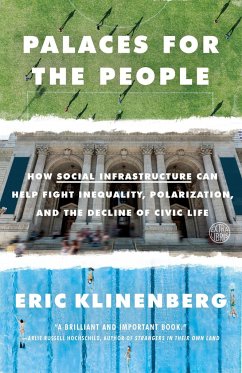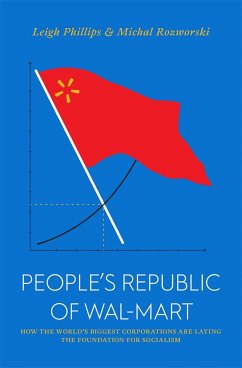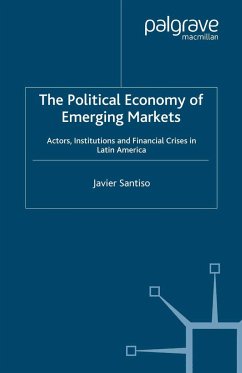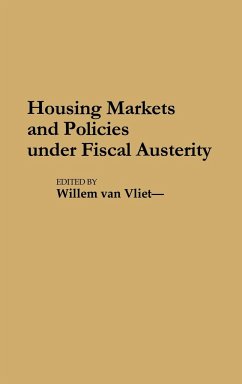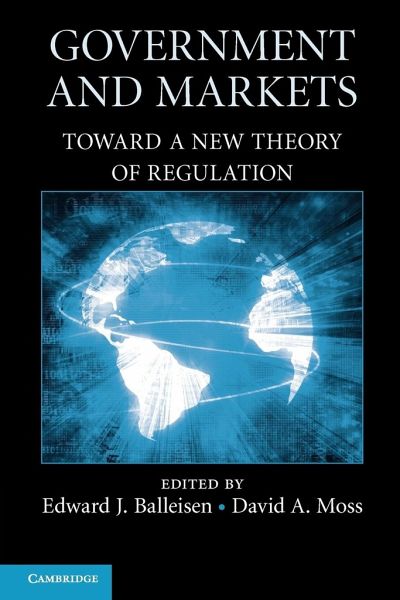
Government and Markets
Toward a New Theory of Regulation
Herausgegeben von Balleisen, Edward J.; Moss, David A.
Versandkostenfrei!
Versandfertig in 1-2 Wochen
53,99 €
inkl. MwSt.
Weitere Ausgaben:

PAYBACK Punkte
27 °P sammeln!
After two generations of emphasis on governmental inefficiency and the need for deregulation, we now see growing interest in the possibility of constructive governance, alongside public calls for new, smarter regulation. Yet there is a real danger that regulatory reforms will be rooted in outdated ideas. As the financial crisis has shown, neither traditional market failure models nor public choice theory, by themselves, sufficiently inform or explain our current regulatory challenges. Regulatory studies, long neglected in an atmosphere focused on deregulatory work, is in critical need of new m...
After two generations of emphasis on governmental inefficiency and the need for deregulation, we now see growing interest in the possibility of constructive governance, alongside public calls for new, smarter regulation. Yet there is a real danger that regulatory reforms will be rooted in outdated ideas. As the financial crisis has shown, neither traditional market failure models nor public choice theory, by themselves, sufficiently inform or explain our current regulatory challenges. Regulatory studies, long neglected in an atmosphere focused on deregulatory work, is in critical need of new models and theories that can guide effective policy-making. This interdisciplinary volume points the way toward the modernization of regulatory theory. Its essays by leading scholars move past predominant approaches, integrating the latest research about the interplay between human behavior, societal needs and regulatory institutions. The book concludes by setting out a potential research agenda for the social sciences.










